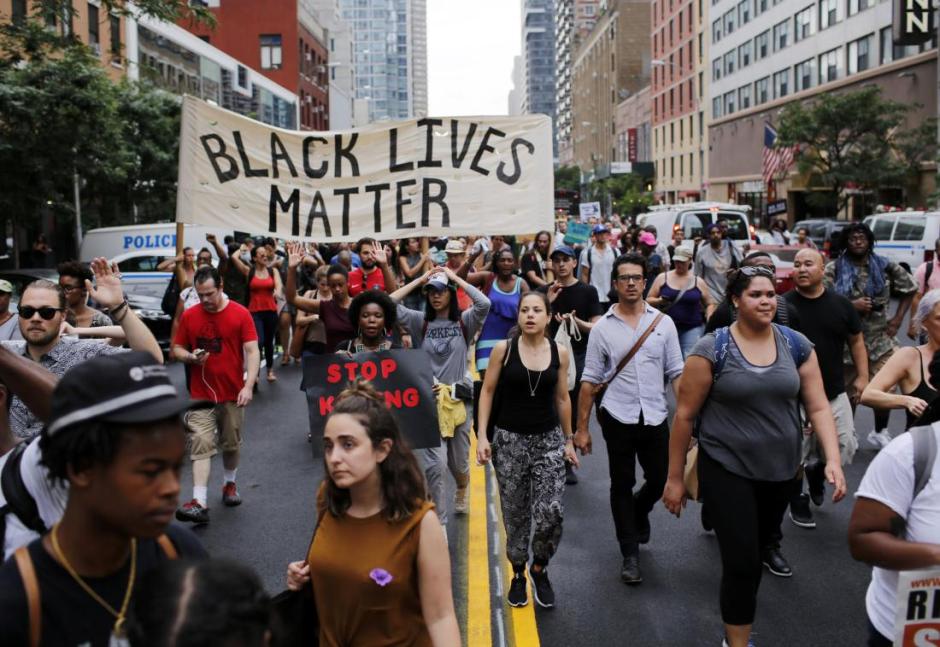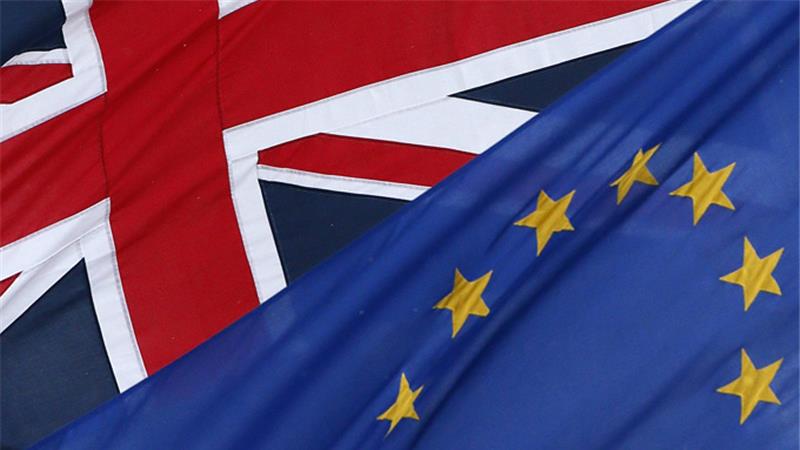I’d be lying if I didn’t think our world was crumbling apart. Every morning we wake up to news notifications telling us about a shooting, a stabbing or a suicide bombing. We wake up to diplomats giving their condolences to allies worldwide. We hear and watch the vigils set up by citizens who want to give back to those who have lost their lives and offer support to the families who have to live with the tragedy. Each day we are hearing about the deaths of innocent people who are targeted because of fuelled hatred. We live in a world where hatred is ruling over us and we’re currently letting that get the best of our society.
All these events work in conjunction to polarize the global community. But if we let that divide the world then we limit the extent of knowledge citizens can have about everything and everyone that surrounds them. And without knowledge we are nothing but vulnerable.
In this article I’d like to tackle a few of the concerns that have risen from all these events, which in my opinion are the driving points for polarisation. To a few people this may seem absurd, but I’m only asking for a place to display my thoughts on our world’s biggest misconceptions.
Number 1: Muslims are not terrorists.
Islam is not a religion built around killing others of other religions. I have lived in a Muslim country for half of my life, and being a catholic person, I will reassure you that I have never been treated with disrespect nor have I at any time felt threatened by them.
Islam is not some sort of alien, malicious religion. Muslim individuals are like any other individual- their headscarves do not make them any different than any of us. In fact, we must keep in mind that the mass worshippers of a religion cannot be blamed for the actions of selected individuals, especially individuals that are mentally unstable. Terrorism isn’t a Muslim thing; lunatics are everywhere.
Number 2: Terrorists = Radicalism.
The so called IS (Islamic State) is not a random group of Muslims who have decided to stand up for the entire Muslim community and attack others who they feel threaten their religion. This is a misconception of caused by those who only use the media as a reliable source for personal judgments.
This terrorist group, just like any other, completely twists what a religion is based on. The words by which it guides are changed so that a completely different meaning is conveyed so they can use it as a basis for their malice.
Terrorists are just like any group of bullies we all have come across in school. They pick on a particular point and hold on to it so they can use it against other innocent people, just for personal advancement; in IS’s case, world dominance. But we can never forget that how bullies treat their victims is a production of a twisted, cruel mind.
Number 3: Immigrants are not the cause of your problems.
The majority of migrants want a degree so they are able to find a job, raise money and support their families. They are willing to work hours and hours to get a decent salary just so they have something to repatriate back into their own, poorer home countries. It helps to keep in mind that many of these individuals tend to become highly qualified and dedicated persons. Think of the biggest inventions in the US to the UK: they have come from very talented migrants whose inspiration has stemmed from an urge to succeed, wherever they have been given the opportunity to.
I am a Venezuelan migrant in the UK and the UAE, I have been a migrant in Singapore and I will be that in the Netherlands, all because I strive to be internationally educated so I can have more opportunities. I’d like to clarify that people don’t migrate to developed countries to plot their next attack against Westerners; immigrants are solely looking for a better tomorrow. We all go to educate ourselves in places where we know the education is of better quality, not because we want to take-over schools and destroy the system. This is a massive misconception and a very grand discriminatory perspective of the international community, especially the Muslim community.
And additionally, we must not forget that thanks to these immigrants, developed economies have larger workforces, greater innovation, more productive labor and most importantly, that it opens up the minds of individuals and helps people understand diversity. This last point, is what glues societies all together.
Number 4: #BlackLivesMatter
I am white, but I am Latino. And I’d be ignorant to say Latinos were not largely discriminated against in the US. But the most persistent issue even in the 21st century, is that black people are seen as a threat and ultimately it’s a truly despicable way of seeing a race. This view has been embedded in the minds of several citizens because racism has been built in the minds of many white individuals. White supremacy, as I always say, has always been around and there is no justification for such perception.
Black people are not any less important than white people, they are as equally smart, valuable and worthy. No, they are not dirty, revengeful people- they are perfectly normal and beautiful just like any other individual in this world. But many seem to be oblivious to that.
The years of oppression were never over, black people have had to abide by the rules of white people so they could live in less fear. Racist view points are still persistent in our societies, the only difference being that people don’t want to be called out on it as they care way too much about their reputations. But the underlying racist thoughts still remain, and until we change those thoughts they will continue to be destructive.
I have made my 4 claims, but now I’d like to convey my own view of the overall picture.
We live in the 21st century, and those that have been oppressed, be it because of racism, religion, gender, sexual orientation or heritage, are sick of living suppressed lives for all these years. Just like any other person, we all have the right to have our rights respected- and oppressed communities are sick of having theirs taken away.
People need to stop calling others out for speaking their minds, because freedom for an individual stems from having freedom of speech; you wouldn’t like to have your opinion ignored, so why should any other have theirs? And that I believe is the main issue: as many of us are beginning to partake in protests and become activists about issues that concern us, some individuals respond to it with walls, physically and metaphorically.
The issue with walls is that they don’t solve problems, they only hide them; we cannot expect to go back to an un-globalised world because cultures have mixed, people have travelled and we have opened our minds. Society can’t expect to be better off if we divide; because once we divide we are a less powerful force.
Radicalism only sucks in those who are in vulnerable positions, not those who have a more accepting view of the world’s reality. If we educate people enough about differences in culture, traditions and religions, think of what our world could be instead.
We can say our society is falling apart at the moment, but it doesn’t mean that we can’t change what has occurred or can occur. The world has to unite to fight the larger forces. It is only by uniting that our societies and communities can fight radicalism and groups who are guided by hatred, so that we can live in a world where we don’t feel threatened, but rather accepted.
By Astrid Sofia Flores Maya



